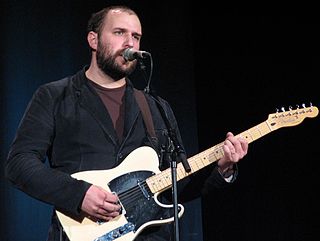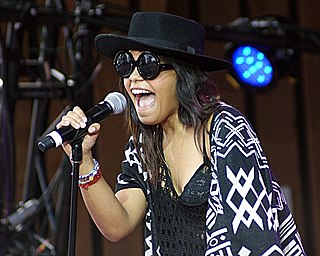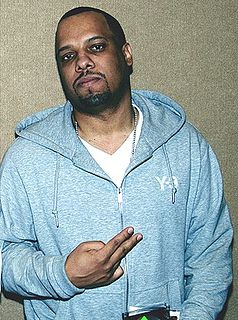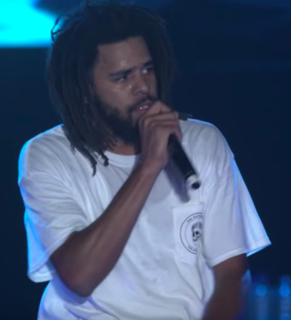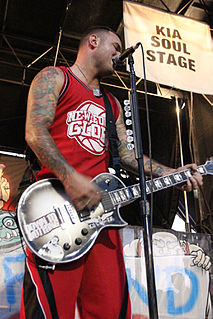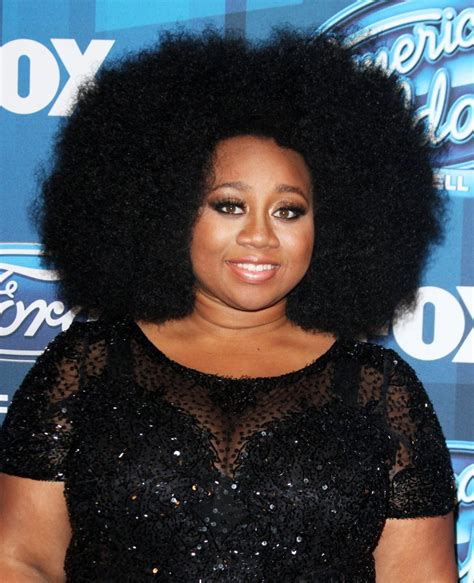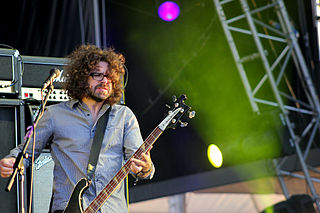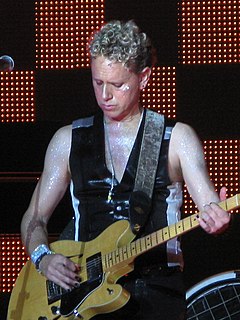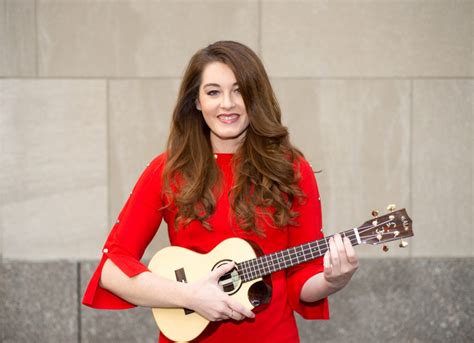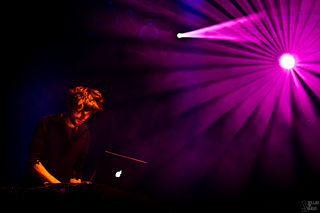A Quote by G-Eazy
In the past, my process would start with a sample of another song, and I'd chop it up and use that as the basis of the song that I was making.
Related Quotes
I never start a song at the beginning; I always start in the middle, working with the original concept. That might be a loop or a vocal hook. A weird noise or a string sample. Once that's at the heart of the song, I work concertina-fashion, expanding the song forwards to the end and backwards to the beginning.
On past records I usually did start with a story or an idea for a song and then write around it, but on Achilles' Heel I would just start writing and try to let the song and my sub-conscience determine the direction. which is a goofy way of saying I tried not to decide before hand what the song and or the characters would do and be like.
But once you've made a song and you put it out there, you don't own it anymore. The public own it. It's their song. It might be their song that they wake up to, or their song they have a shower to, or their song that they drive home to or their song they cry to, scream to, have babies to, have weddings to - like, it isn't your song anymore.


